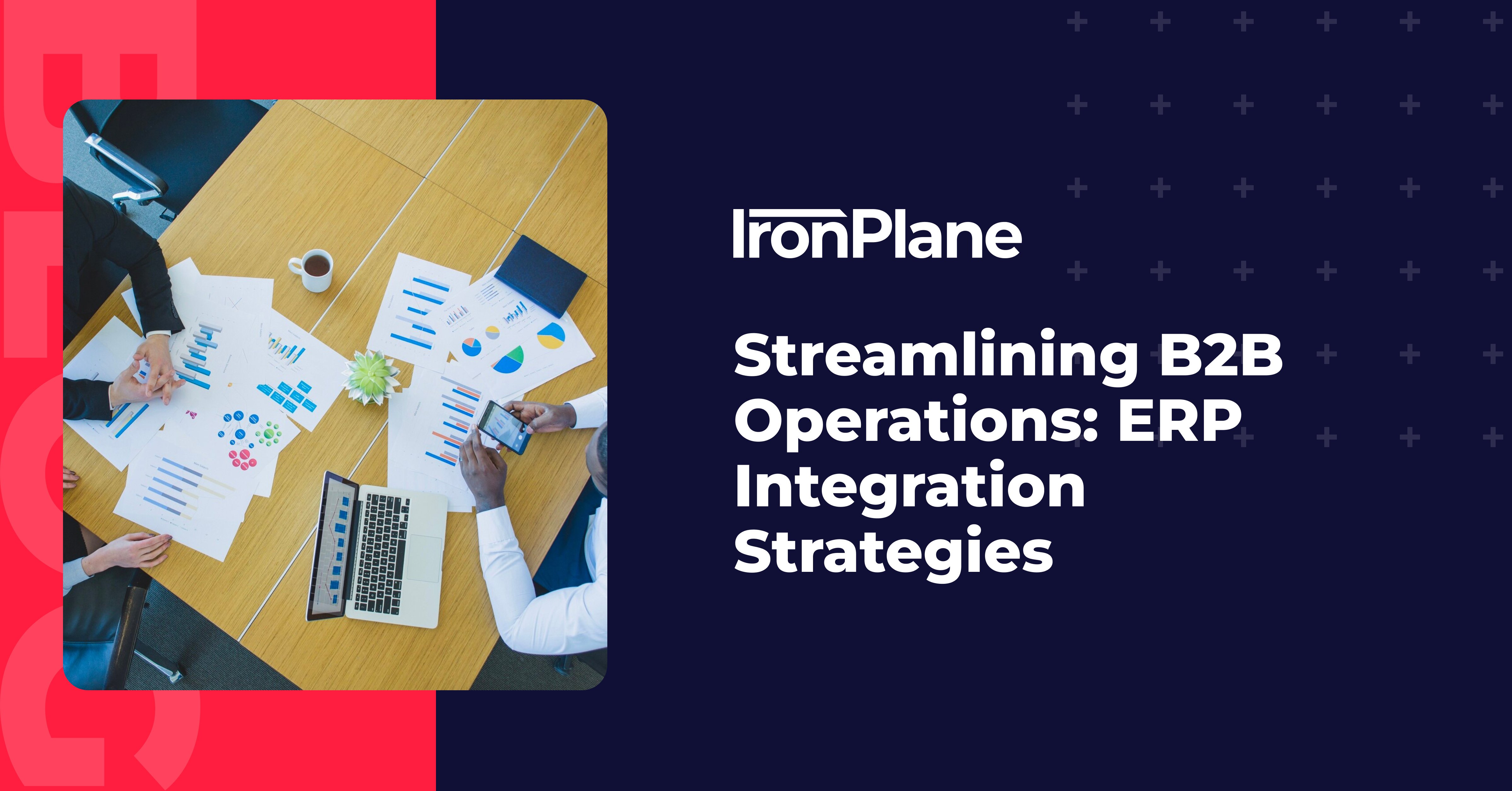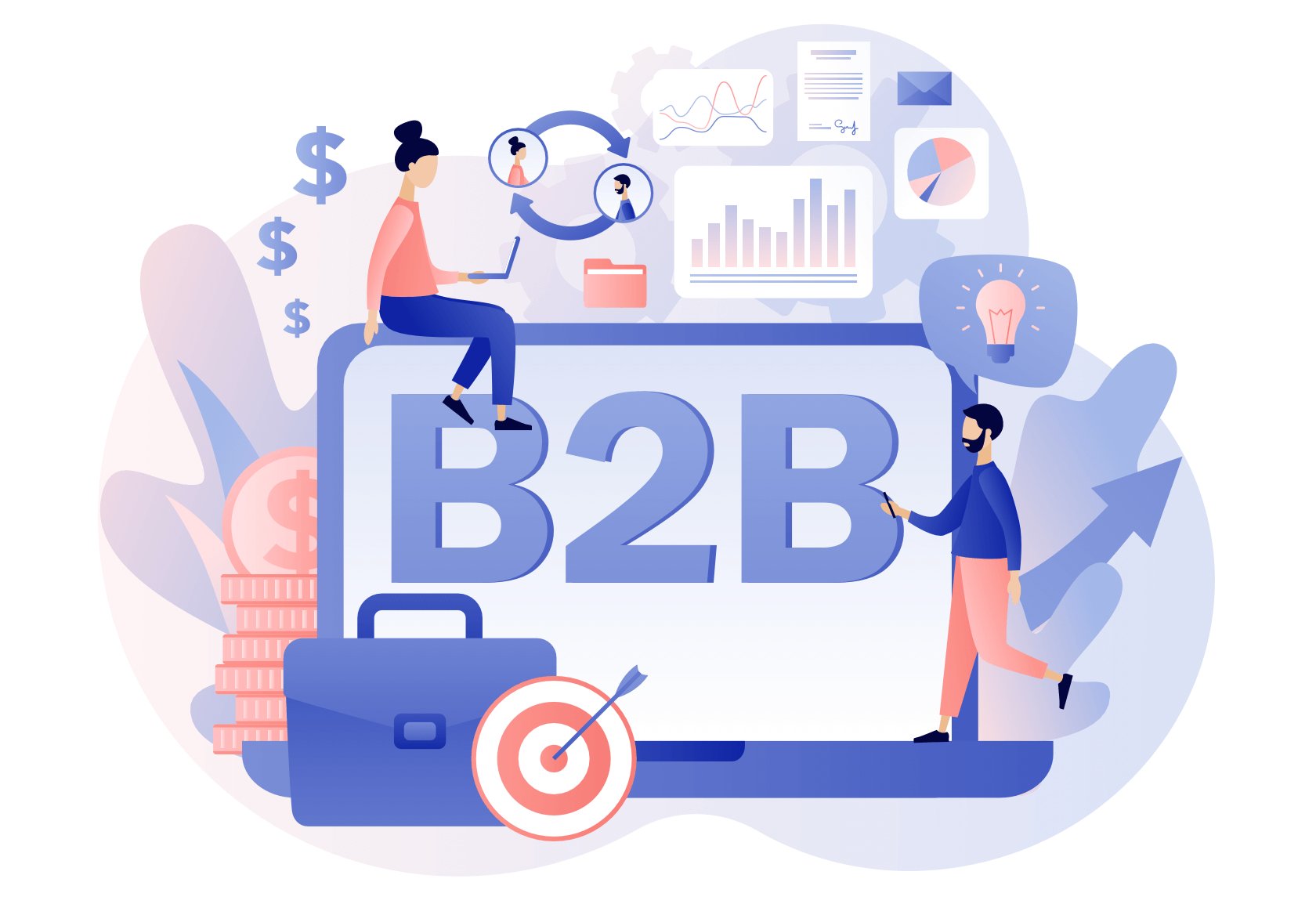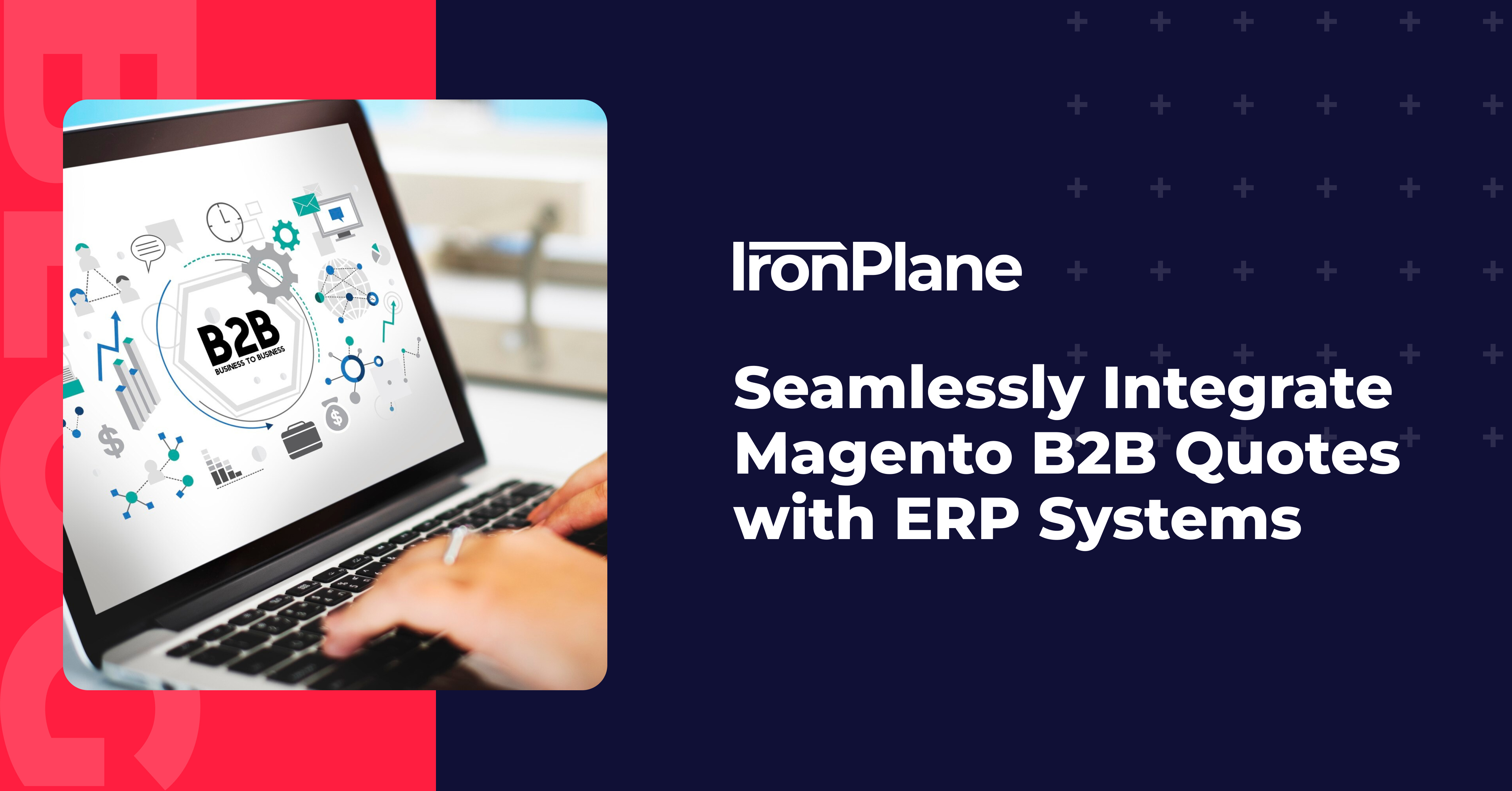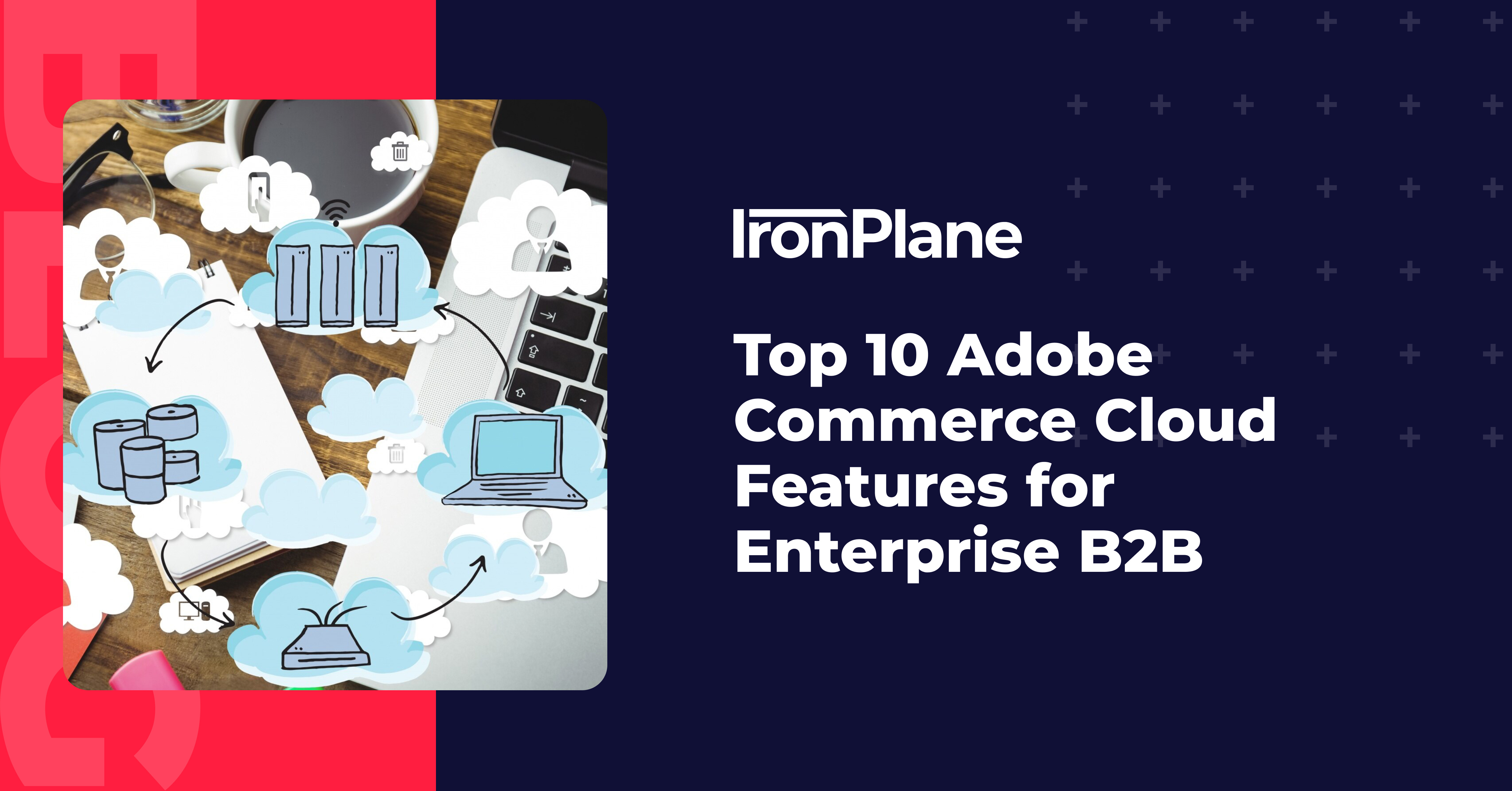Magento Migration for B2B: Overcoming Challenges
B2B companies face unique challenges when migrating their Magento e-commerce platforms. As online shopping changes, businesses need to keep up. Let's look at the main problems, solutions, and success stories in B2B Magento migration.


 Jeff Zoldy
Jeff Zoldy








